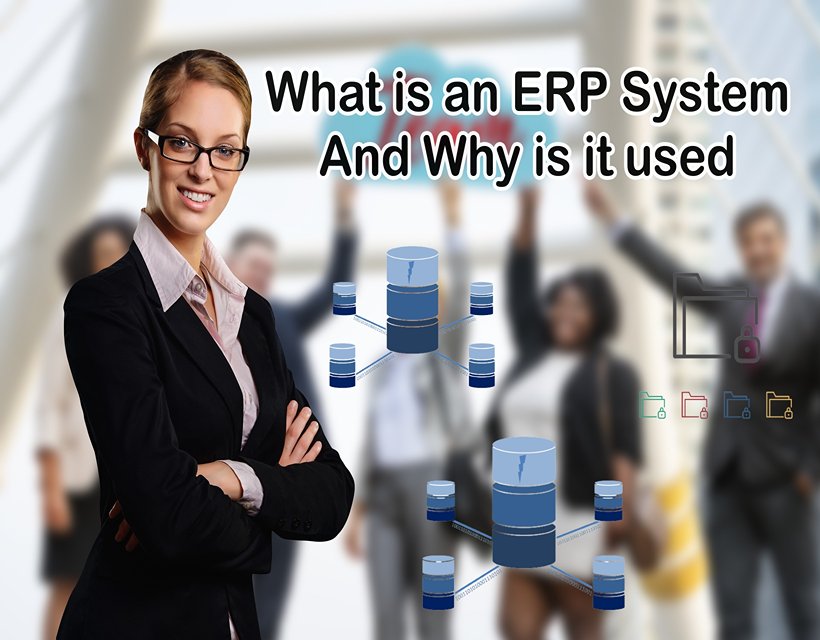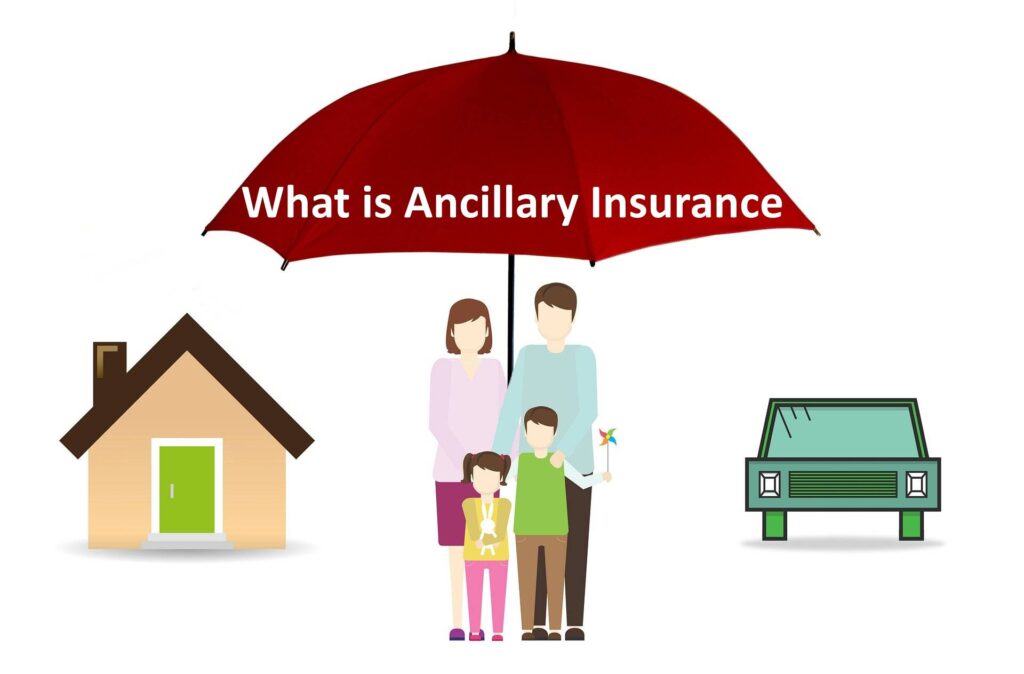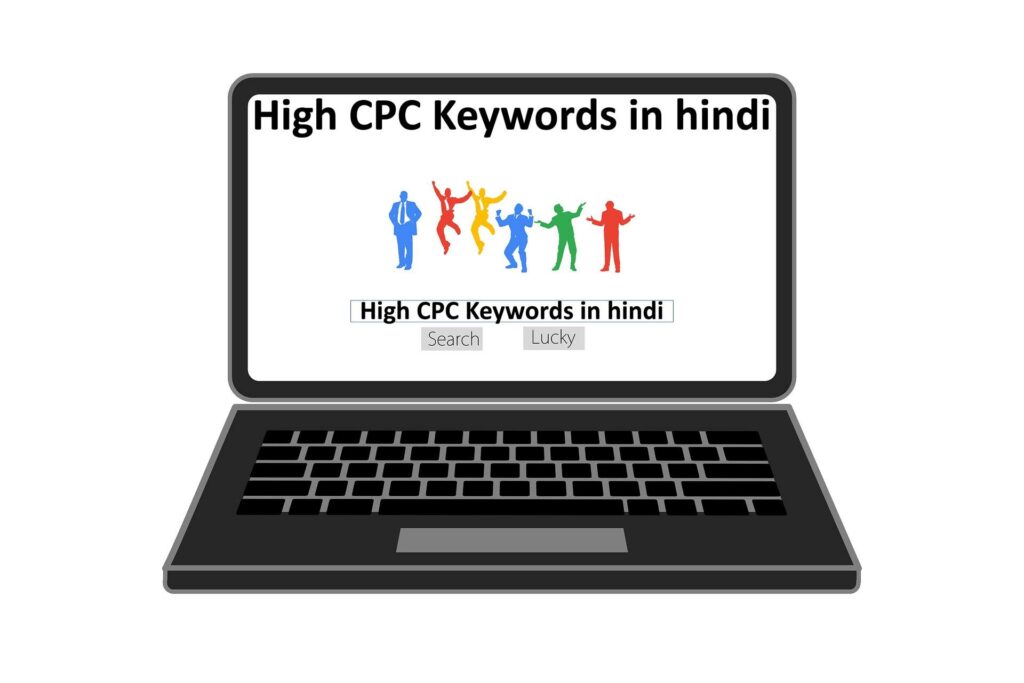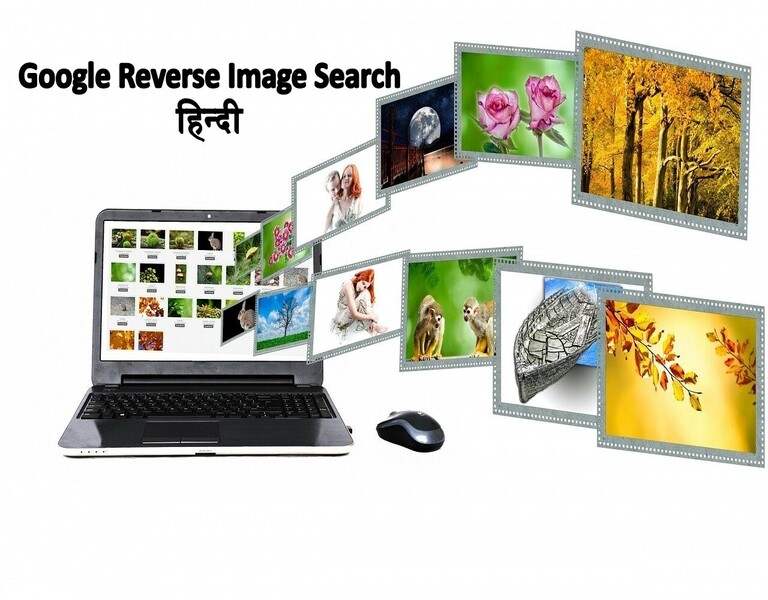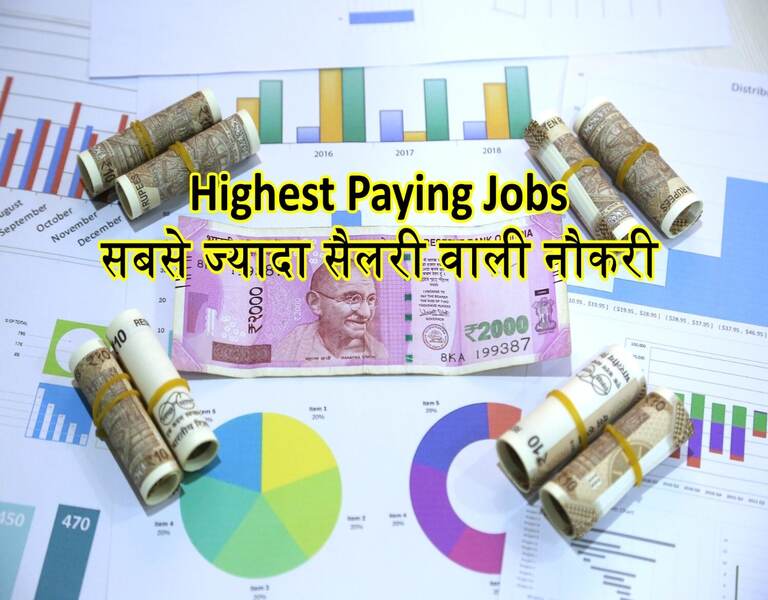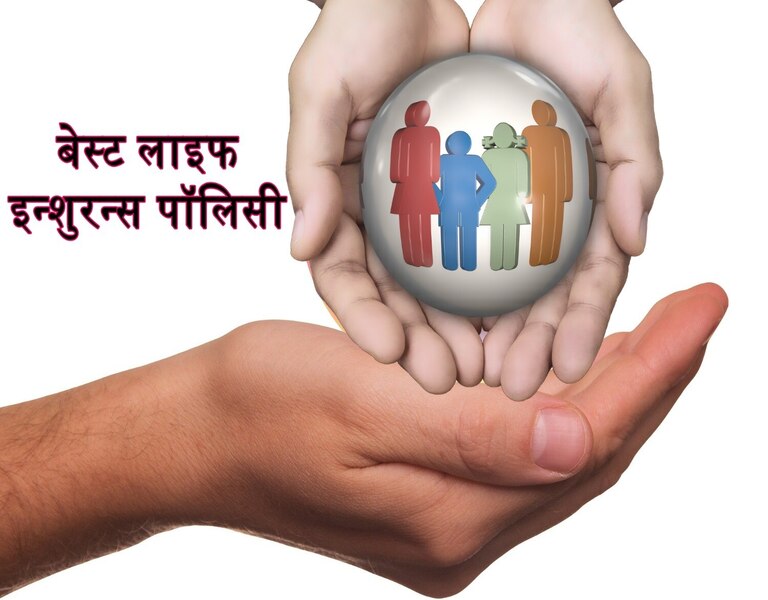Table of Contents
What is an ERP System and Why is it used
Enterprise Resource Planning (ERP) is a software solution used by organizations to manage their business operations and automate core business processes. An ERP system provides a centralized platform that integrates all departments and functions, such as finance, sales, human resources, procurement, and inventory management, into one comprehensive system. In this blog post, we’ll take a closer look at what an ERP system is and why it’s important for businesses to use it.
What is an ERP System?
An ERP system is a set of interconnected software applications that automate and manage various business functions across an organization. ERP software includes a range of modules that are designed to meet the needs of different departments and functions, such as financial management, supply chain management, customer relationship management, and human resources management.
ERP systems are designed to provide a single source of truth for all business operations and data. This means that everyone in the organization has access to the same data in real time, ensuring that decisions are based on accurate and up-to-date information.
Why is an ERP System Used?
An ERP system is used by organizations for a variety of reasons, including:
Streamlining Business Processes: An ERP system streamlines business processes by integrating all departments and functions into one comprehensive system. This enables organizations to standardize and automate their processes, which can reduce errors and improve efficiency.
Improving Data Accuracy: An ERP system provides a single source of truth for all business data, which helps to improve data accuracy and eliminate the need for manual data entry.
Enhancing Collaboration: An ERP system enables employees to work together more effectively by providing a centralized platform for communication and collaboration. This can help to break down silos and improve cross-functional collaboration.
Increasing Visibility: An ERP system provides real-time visibility into all business operations, which enables organizations to make informed decisions based on accurate and up-to-date data.
Supporting Growth: An ERP system is designed to scale with the organization, which means that it can support growth and expansion without the need for major system overhauls.
An ERP system is a powerful tool that can help organizations to streamline their operations, improve data accuracy, enhance collaboration, increase visibility, and support growth. If you’re considering implementing an ERP system for your organization, it’s important to choose a solution that meets your specific business needs and provides the functionality you require. With the right ERP system in place, you can improve the efficiency and effectiveness of your business operations, and position your organization for long-term success.
What is an example of an ERP system?
There are many ERP systems available in the market today, each with its own unique features and capabilities. Here are some examples of popular ERP systems used by organizations:
SAP ERP: SAP ERP is a market-leading ERP system that provides a range of functionality, including financial management, procurement, inventory management, and human resources management.
Oracle ERP: Oracle ERP is another widely used ERP system that provides a range of modules for financial management, supply chain management, procurement, and human resources management.
Microsoft Dynamics 365: Microsoft Dynamics 365 is a cloud-based ERP system that provides a range of modules for financial management, supply chain management, and human resources management.
NetSuite ERP: NetSuite ERP is a cloud-based ERP system that provides a range of modules for financial management, supply chain management, and customer relationship management.
Infor ERP: Infor ERP is an ERP system that provides a range of modules for financial management, supply chain management, and human resources management, among others.
These are just a few examples of popular ERP systems used by organizations. It’s important to carefully evaluate each system to determine which one is the best fit for your organization’s specific needs and requirements.
Where is ERP mostly used?
ERP systems are used by organizations of all sizes and across various industries, including manufacturing, retail, healthcare, finance, and more. Any organization that has complex business processes and operations can benefit from implementing an ERP system.
Here are some industries where ERP systems are commonly used:
Manufacturing: ERP systems are widely used in the manufacturing industry to manage production planning, inventory management, and supply chain management.
Retail: ERP systems are used in the retail industry to manage inventory, sales, and customer data across multiple channels, such as brick-and-mortar stores and e-commerce platforms.
Healthcare: ERP systems are used in the healthcare industry to manage patient data, medical records, and financial operations.
Finance: ERP systems are used in the finance industry to manage financial operations, such as accounts payable, accounts receivable, and financial reporting.
Professional Services: ERP systems are used in the professional services industry to manage projects, resources, and financial operations.
ERP systems are used in a wide range of industries and are well-suited for any organization that needs to manage complex business processes and operations.
What is the main advantage of an ERP system?
The main advantage of an ERP system is that it provides a centralized platform that integrates all business operations and data into one comprehensive system. This means that all departments and functions within an organization can access the same data in real time, ensuring that decisions are based on accurate and up-to-date information.
Here are some of the key advantages of an ERP system:
Streamlined Business Processes: An ERP system streamlines business processes by automating and integrating various functions, such as financial management, supply chain management, and human resources management. This can help to reduce errors, improve efficiency, and reduce operational costs.
Improved Data Accuracy: An ERP system provides a single source of truth for all business data, which helps to improve data accuracy and eliminate the need for manual data entry. This can help to reduce errors and improve the reliability of business data.
Increased Visibility: An ERP system provides real-time visibility into all business operations, which enables organizations to make informed decisions based on accurate and up-to-date data.
Enhanced Collaboration: An ERP system enables employees to work together more effectively by providing a centralized platform for communication and collaboration. This can help to break down silos and improve cross-functional collaboration.
Scalability: An ERP system is designed to scale with the organization, which means that it can support growth and expansion without the need for major system overhauls. This can help to ensure that the organization is able to adapt to changing business needs and market conditions.
An ERP system provides a wide range of benefits that can help organizations to improve operational efficiency, reduce costs, and enhance collaboration and decision-making.
What is the difference between SAP and ERP?
SAP is an enterprise software company that provides a range of enterprise software solutions, including ERP systems. In other words, SAP is a company that develops and sells ERP software, among other products.
ERP, on the other hand, stands for Enterprise Resource Planning, which is a type of software system that integrates all business processes and data into a single, comprehensive system. ERP systems are designed to streamline business processes, improve efficiency, and provide real-time visibility into all operations.
Therefore, the main difference between SAP and ERP is that SAP is a company that provides ERP software, while ERP is a type of software system that integrates all business processes and data. SAP is just one of many vendors that provide ERP systems, and there are many other vendors that provide similar systems, such as Oracle, Microsoft, and Infor.
SAP is a specific company that provides ERP software, while ERP is a type of software system that integrates all business processes and data into a comprehensive system.

